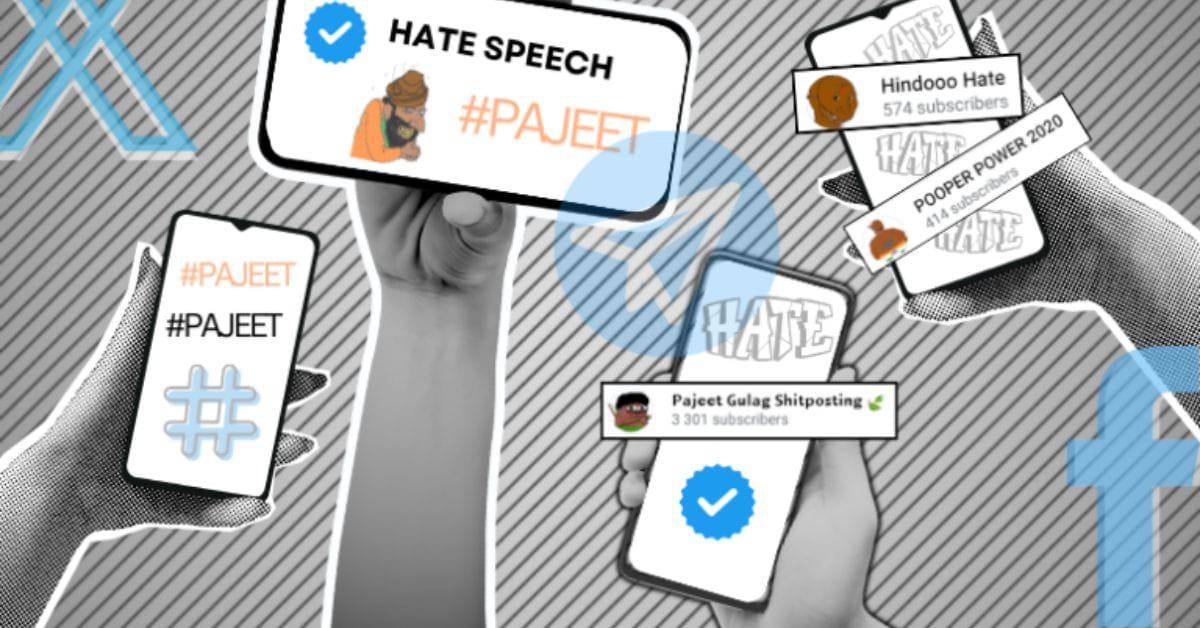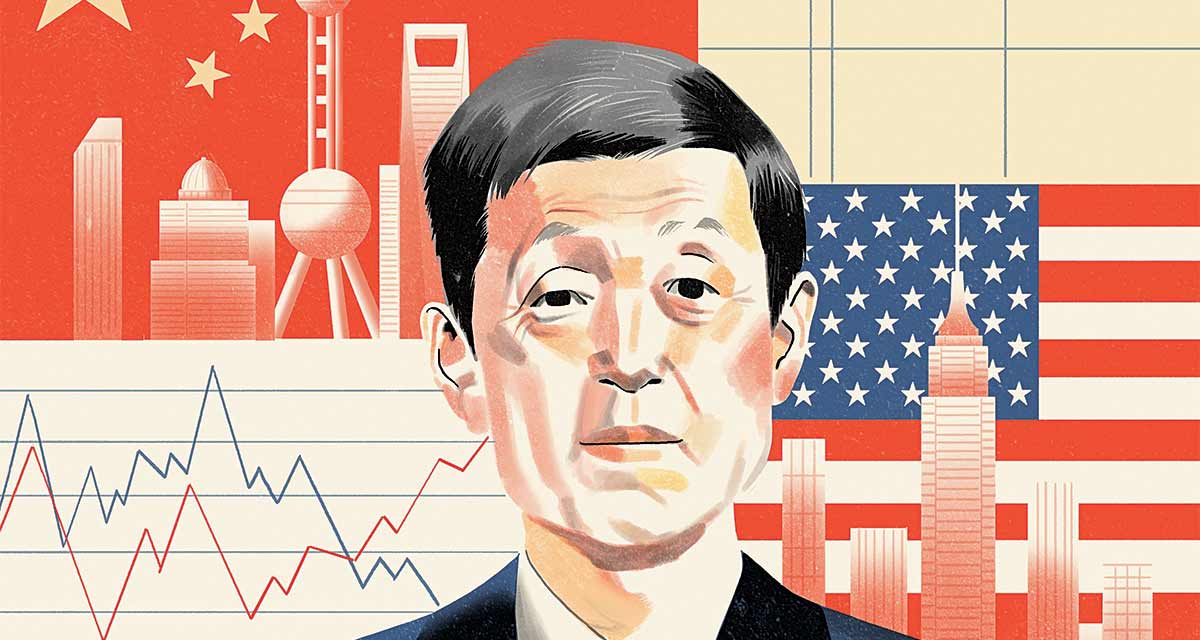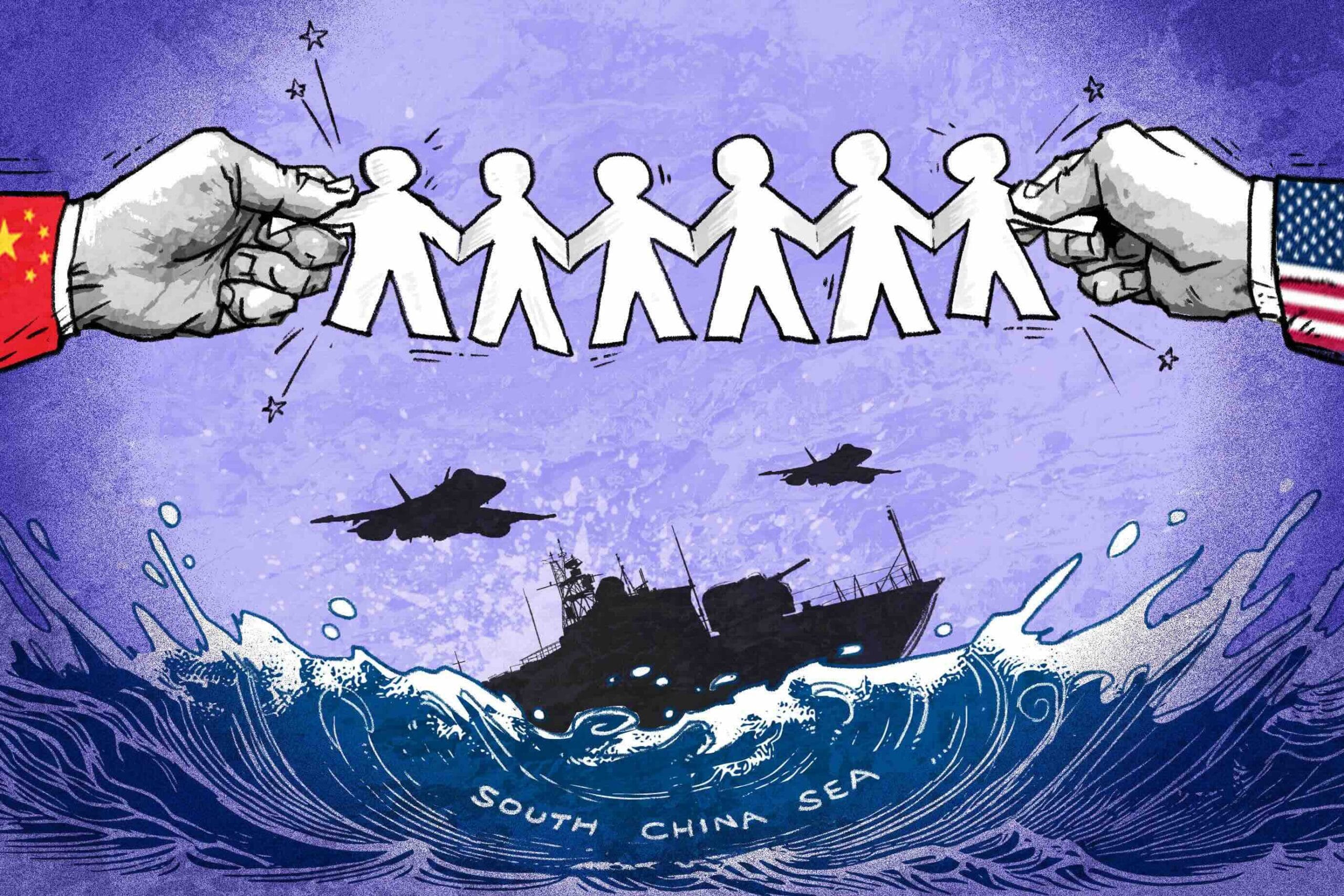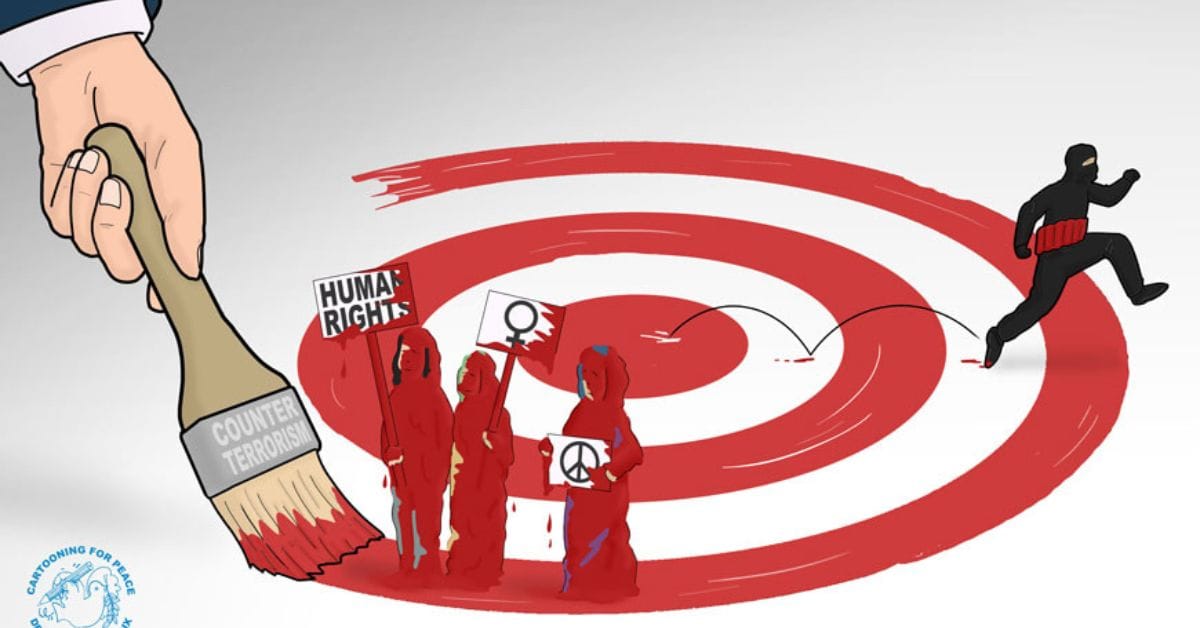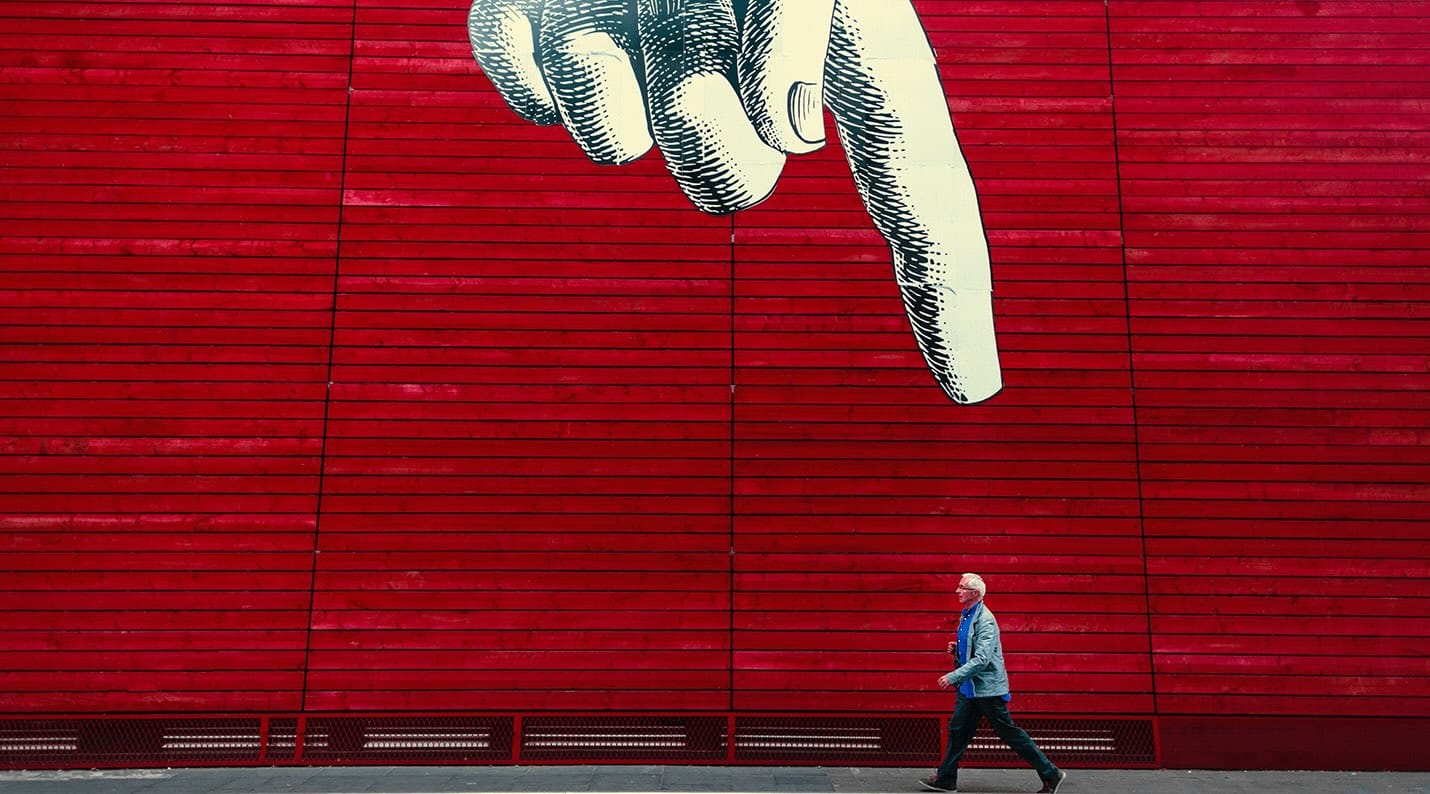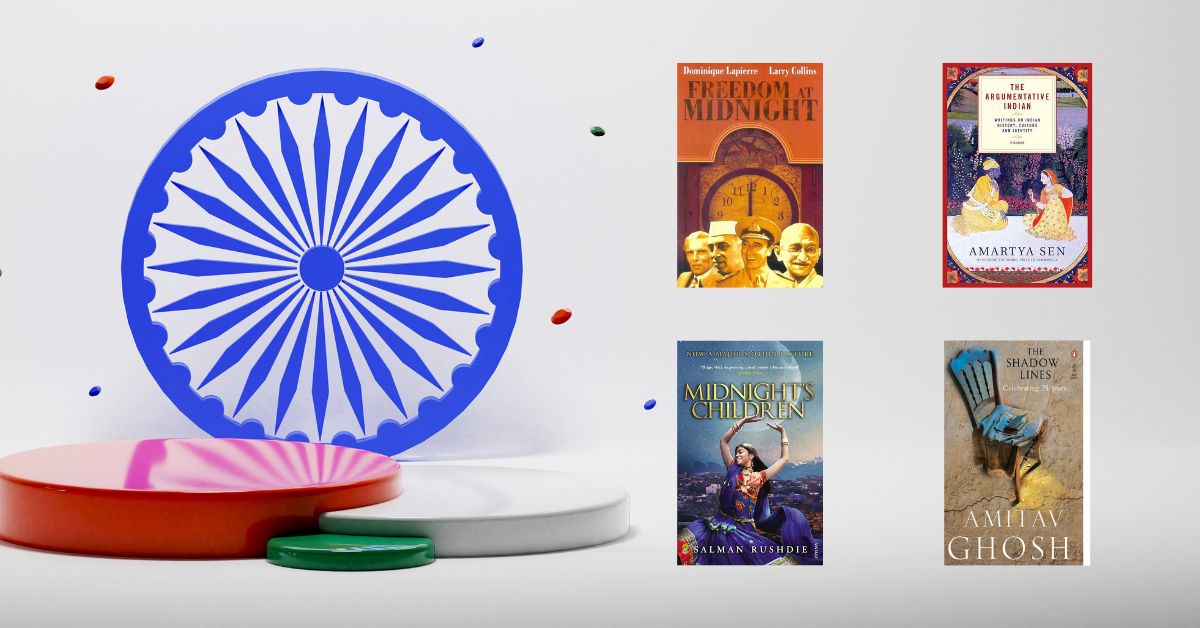Terrorism is a complex and multifaceted phenomenon characterised by the use of violence and intimidation, especially against civilians, in the pursuit of political, ideological, or religious aims. Changing government policy, gaining independence for a territory, furthering religious views, or promoting a certain ideology are some of the objectives that motivate terrorism. The primary objective of terrorism is to evoke fear and panic in people who are not the direct victims. This kind of anxiety has the power to topple governments, undermine public trust in the government, and destabilise nations. Terrorist acts are often designed to attract media attention and spread the group’s message to a broader audience.
Category: Authoritative Insights
Racial Slurs: A Study of Words that Wound
The term “Pajeet.”, originally confined to undercover illegal internet corners, is a slur used to refer to Indians, particularly Hindus. It has gradually crawled into mainstream discourse under the garb of referring to the right political language and woke ideology. It is not surprising to see South-Asians themselves designating Indians as “Pajeet” and believing they will escape bullying in America or elsewhere.
Social Capitalism: A Theoretical Commentary
Can “capitalism survive” and “socialism work” individually? These two hypotheses and discussions travel among economic debates around the world. Austrian Economist Joseph Schumpeter’s work in entrepreneurship and innovation signifies the deviation from traditional or conventional methods of economic activities, particularly in terms of trade and increased quality of life. This article draws attention towards the global thought of social capitalism; and enables enthusiasts in economic affairs and international relations to understand the theoretical overview of this distinctive concept.
Asia’s Cauldron: The South China Sea and the End of a Stable Pacific
Historically it is the competition for land that provokes tensions between the states, over time the world has seen this shift towards the blue territories as Kaplan calls it. Two explanations for the same could be economic mercantile trade and the dynamic shift of attention from Eurasia to East Asia which is largely maritime. Kaplan says that seas can act as a seed or a dodger in creating tensions and even invasions. However, the likelihood is quite tilted towards aggression.
Can Terrorism Ever Be Morally Permissible?
Jaggar’s work on terrorism, titled What Is Terrorism, Why Is It Wrong, and Could It Ever Be Morally Permissible, will be analysed to examine how the author […]
Can Behavioural Economics Promote Healthier Lifestyle?
Behavioural economics, which integrates insights from psychology to understand deviations from rational decision-making, has been instrumental in refining strategies for promoting healthier lifestyle choices in the current global health landscape. As worldwide rates of chronic diseases like obesity, diabetes, and cardiovascular conditions continue to rise, there is a pressing need for effective health interventions that can address these issues at both individual and societal levels.
Moonlighting: A Paradigm Shift in Indian HR Practices
As India undergoes transformative economic changes, it is witnessing a manifold development in its labour market and human resource practices. Shedding the shackles of the past, a substantial quantum of people are finding the idea of independent contract-based and freelance work appealing, marking the departure of typical 9-to-5 jobs. For starters, a decade ago or so, a job would mean getting a task done at a designated location where one would typically spend eight hours a day.
India’s Gay Brain Drain: The Cost of Discrimination
‘Gay Brain Drain’ consequently plaguing India is an intricate interaction among the forces of societal norms, legal frameworks, and individual introspection. This article scrutinises the different complications that people from the LGBTQ+ community come across on a daily basis and delves into various factors that force them to migrate, leaving an impactful debate about the economy’s pool of talents, socio-cultural repercussions, and ultimately the gay brain drain.
ESG: A Corporate Facade or a True Commitment?
Let me begin by asking you a question. How many of these boxes have you checked? A donation box right next to the billing counter, asking you to chip in for an NGO every time you visit the supermarket. Coffee cups with bold, eco-friendly labels declaring they’re made of recycled material, justifying those extra cents in charges. Every clothing brand telling you they’ve used “sustainable” cotton, while you pay a premium for it. Does this sound familiar?
The Best Books to Read at India’s 78th Independence Day
As the clock struck midnight on August 15, 1947, a new dawn broke across the Indian subcontinent. For the millions of people who had fought for decades under the colonial rule, that moment marked the culmination of a dream – a promise to self – determination, unity, and hope. The birth of a free India, announced with Jawaharlal Nehru’s stirring words, “At the stroke of the midnight hour, when the world sleeps, India will awake to life and freedom,” signified not just political independence, but the reclamation of a long-suppressed identity. Yet, as the jubilant celebrations of that day echoed across a land still trembling from the trauma of partition, India found itself poised between freedom and fracture, between euphoria and an uncertain future.

